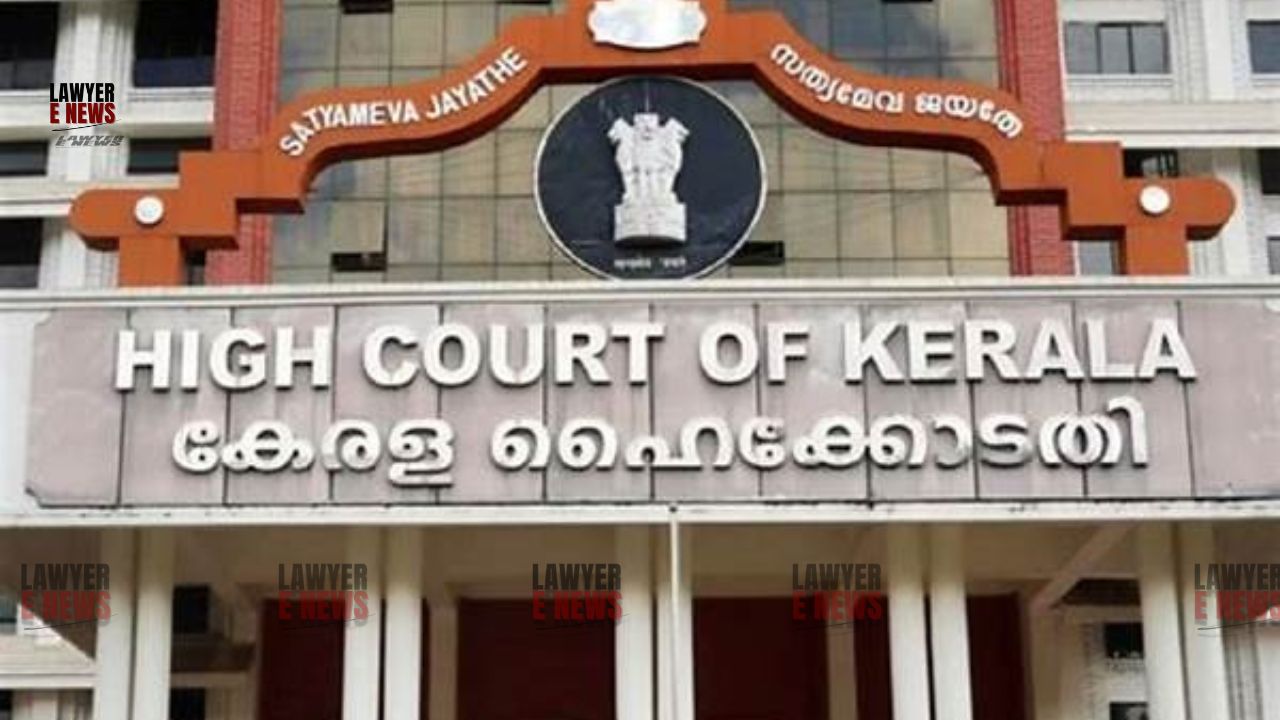-
by Admin
15 February 2026 5:01 PM



The Kerala High Court has set aside the cognizance orders issued by the Judicial Magistrate of First Class, Kattakkada, in two criminal cases arising from protest complaints. The court emphasized the Magistrate’s failure to consider the police refer reports before taking cognizance, which is a procedural necessity. The decision, delivered by Justice P.V. Kunhikrishnan, mandates the reconsideration of these cases in line with established legal principles.
The petitioners in Crl.M.C. Nos. 1934/2017 and 1953/2017 sought to quash the proceedings in CC Nos. 350/2014 and 355/2014, respectively, pending before the Judicial Magistrate of First Class, Kattakkada. These cases originated from protest complaints filed by the respondent after the police had investigated the matters and submitted refer reports, indicating that no actionable evidence was found against the accused. However, the Magistrate took cognizance of the cases without considering the refer reports, prompting the petitioners to challenge the validity of these orders.
The High Court noted that the Magistrate did not examine the police refer reports while taking cognizance of the offenses. Justice Kunhikrishnan pointed out that this oversight is contrary to established legal norms. Citing the decisions in Parameshwaran Nair v. Surendran (2009 (1) KLT 794) and Kader v. State of Kerala (1999 (3) KLT 55), the court reiterated that a Magistrate must consider the final report submitted by the police under Section 173(2) of the Code of Criminal Procedure (CrPC) before deciding whether to proceed with a protest complaint.
The court referred extensively to the precedent set in Parameshwaran Nair v. Surendran, which states that if a complaint is dismissed following the acceptance of a refer report, any subsequent protest complaint must be treated as a second complaint. Such a complaint is only valid if there is a manifest error or miscarriage of justice in the earlier order or if new facts emerge that the complainant could not have previously known.
Similarly, in Kader v. State of Kerala, the court emphasized the duty of the Magistrate to protect the interests of the absent accused while scrutinizing the allegations in a complaint. The Magistrate must carefully consider all available materials, including the results of police investigations, before issuing a process.
The High Court underscored that the orders of cognizance in the present cases were issued without the necessary scrutiny of the police refer reports, thereby failing to comply with the procedural requirements laid down in the aforementioned judgments. The court held that this lapse rendered the cognizance orders unsustainable, necessitating their quashing and a fresh evaluation by the Magistrate.
The Kerala High Court’s decision to quash the cognizance orders in these cases reinforces the importance of procedural diligence in criminal proceedings. By mandating a reconsideration of the protest complaints in light of the police refer reports, the court has underscored the need for a thorough and fair preliminary examination before proceeding to trial. This judgment serves as a critical reminder to judicial officers about the procedural safeguards that must be observed to ensure justice is not only done but seen to be done.
Date of Decision: August 19, 2024
Swami Rhithambharananda & Others v. Surendranath & State of Kerala
